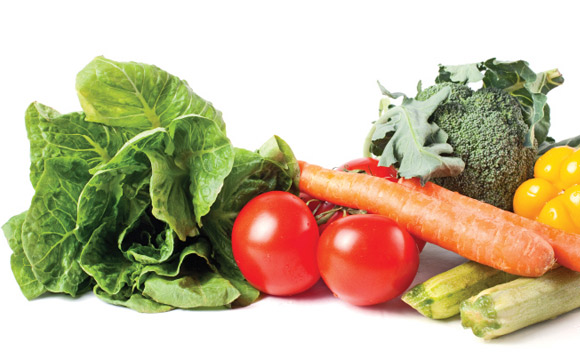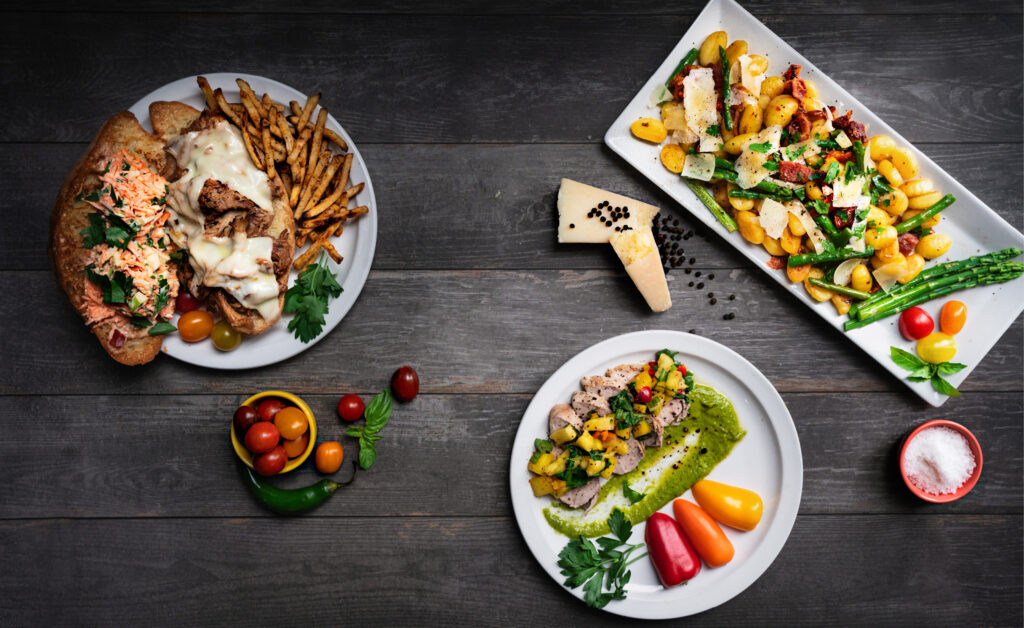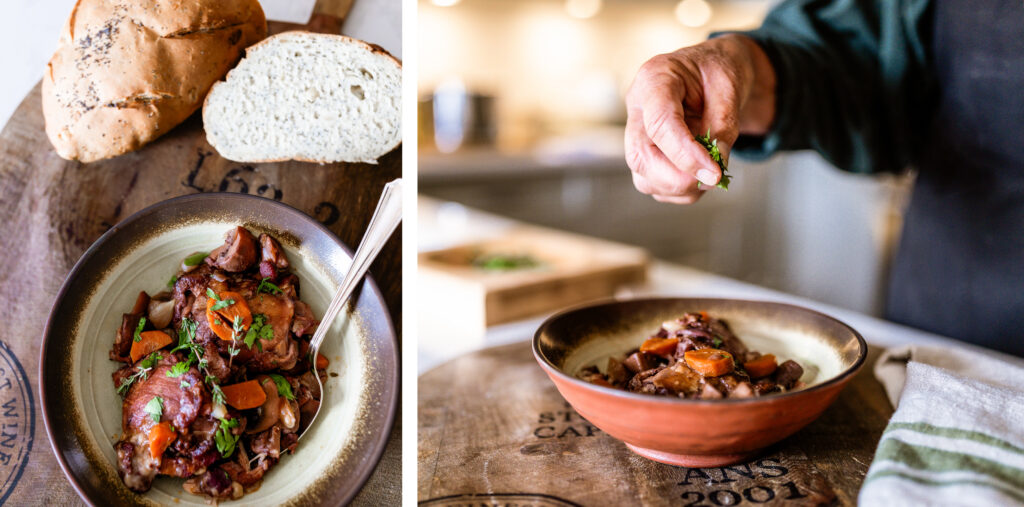– by Carolyn Herriot –
To my mind good health lies in the balance and integration of health in body, mind and spirit, often referred to as holistic health. I believe it’s my responsibility to maintain a healthful life through awareness, education and practice, and I have chosen a preventative rather than a curative approach. I often use intuition when it comes to making food decisions so I eat what I feel like at that time.
My father, a Lancashire lad, used to say ‘a little bit of what you fancy does you good!’ so I live by the 80:20 rule. As long as I eat 80 percent of my diet in the form of wholesome nourishing food, I’m okay. This way I can eat 20 percent of the ‘naughty’ stuff’, and enjoy it rather than admonishing myself. ‘Never eat in guilt’ is a good mantra for an enjoyable life! As a result, I enjoy a happy, active and engaged life in which I take good health for granted, and for this I am truly grateful.
Chemicals in the form of preservatives and additives only appeared in processed foods around 100 years ago. The body has not evolved to being able to metabolize and synthesize many of these food ingredients. What we are seeing today are the consequences of chronic health statistics that reflect many diseases that are known to be diet preventable. People are rightfully becoming increasingly concerned about the quality and benefits of consuming processed foods.
I try to eat as much REAL food as possible. This is food that nourishes the body. I grow a ‘Zero-Mile Diet’ so that I have access to as much of this food as possible. This leads to consuming a ‘seasonally-appropriate’ diet, using ingredients at the peak of flavour and nutritional value, two things that are interrelated. Three good things on a plate by Hugh Fearnley-Whittingstall is one of the most popular cookbooks in the U.K. right now. Less is more applies to every recipe in the book that features only three ingredients, returning to appreciation of flavour in simple natural ingredients.
After writing The Zero-Mile Diet Cookbook I understood the vital role probiotics play in sustaining a healthful life, and that North Americans do not consume enough fermented foods in their diet. We now know that we have ten times the number of bacterial cells than human cells, and most are in the gut. Maintaining a healthy balance between the good vs. bad bacteria is essential for good health. Fermented foods contain various types and amounts of beneficial probiotics, live bacteria that keep a natural balance of microflora in the human digestive tract.
Healthy gut flora have been shown to relieve many food sensitivities and gastrointestinal disorders such as Irritable Bowel Syndrome, Crohn’s Disease and Ulcerative Colitis, and can also help prevent cancer by nourishing enzymes that inhibit tumour production throughout the body. Examples of fermented foods include sauerkraut, kimchi, buttermilk, cheese, yogurt, kefir, kombucha, miso and tempeh.
In his excellent manifesto In Defense of Food Michael Pollan sums it all up best using only seven words, “Eat food. Not too much. Mainly plants’. Grow a kitchen garden in 2015 and enjoy a diet that supports good health. Bon appetit!
Carolyn Herriot is author of The Zero Mile Diet, A Year Round Guide to Growing Organic Food and The Zero-Mile Diet Cookbook, Seasonal Recipes for Delicious Homegrown Food (Harbour Publishing)




